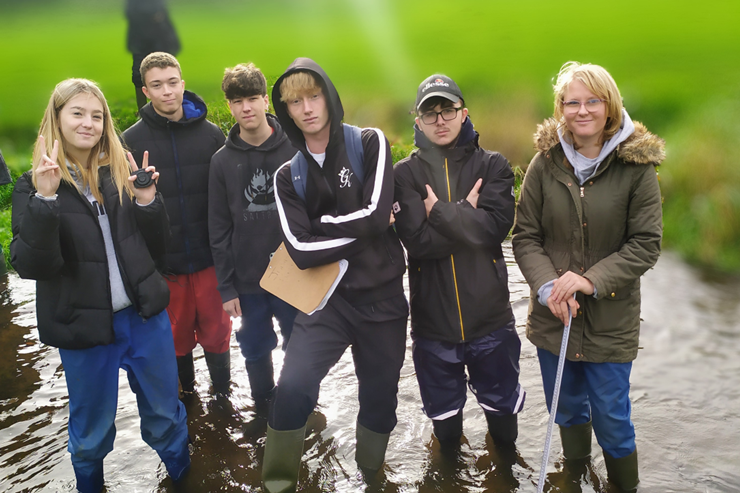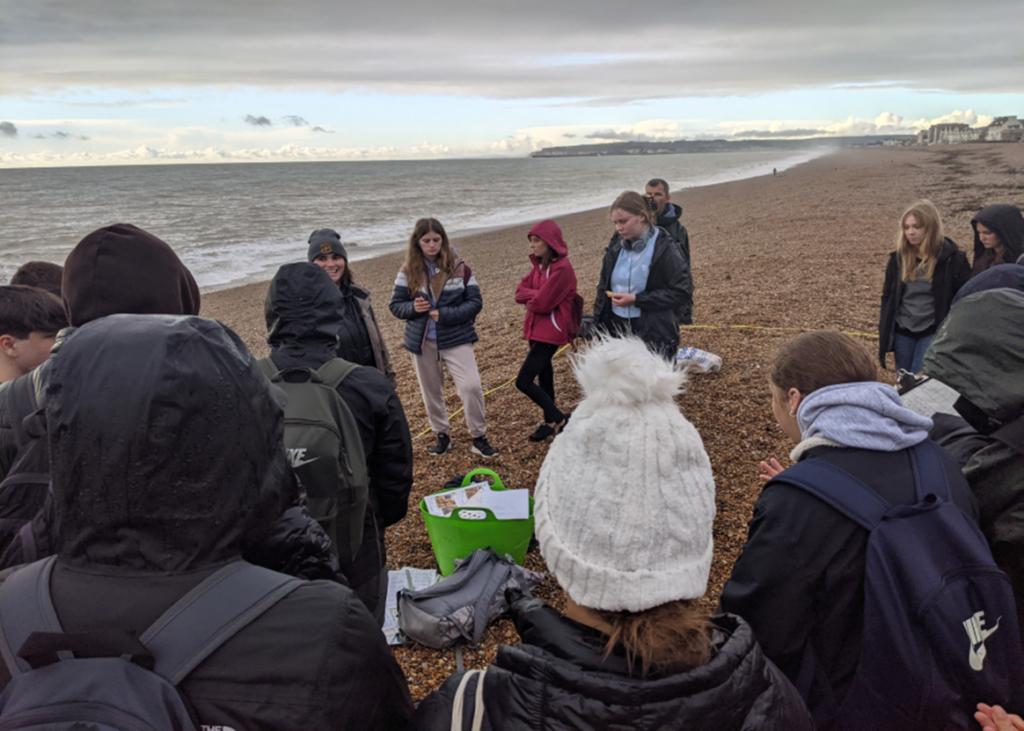
Year 7-11 Curriculum rationale
Curriculum intent: The study of geography is about more than just memorizing places on a map. It’s about understanding the complexity of our world, appreciating the diversity of cultures that exists across continents. In the end, it’s about using all that knowledge to help bridge divides and bring people together.
